Tucker Carlson, Candace Owens and Nick Fuentes are, blessedly, like contentious crustaceans brawling in a bucket. To read what I mean, please click here.


Tucker Carlson, Candace Owens and Nick Fuentes are, blessedly, like contentious crustaceans brawling in a bucket. To read what I mean, please click here.
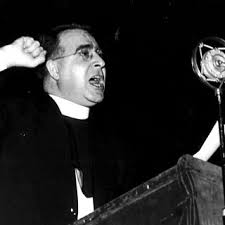
It might not be known to many of us, but in the years before WWII, antisemitism of the vilest sort was a prominent part of the American scene.
According to David S. Wyman and Rafael Medoff, in their book “A Race Against Death,” a series of national public opinion polls gauging American attitudes between 1938 and 1946 showed that between one third and one half of the U.S. population saw Jews as greedy and dishonest, and that “Jews had too much power” in the country. Some 15 percent of Americans supported “a widespread campaign against the Jews in this country” and another 20 percent sympathized with such a campaign.
Then there was the infamous German-American Bund, which, on February 20, 1939, some six months before Nazi Germany invaded Poland and just as Hitler was completing construction of his sixth concentration camp, held a packed rally at Madison Square Garden, where more than 20,000 right hands shot forth in the Nazi salute as an American flag passed by. Held aloft were posters with slogans like “Stop Jewish Domination of Christian America.”
Speeches at the rally referred to “job-taking Jewish refugees.” Flags borne by attendees were waved in approval. When an unarmed young Jewish man rushed onstage to protest, he was viciously beaten by attendees before police took him away.
Perhaps most famous of all of the Jew-haters of the time was the Catholic priest Father Charles E. Coughlin. His weekly broadcasts garnered an estimated quarter of the U.S. population at the time. His periodical, “Social Justice,” even printed weekly installments from “Protocols of the Elders of Zion.”
“Yonder comes Father Coughlin wearing the silver chain,” sang folk singer Woody Guthrie, “cash on his stomach and Hitler on the brain.”
Coughlin’s vitriol was so objectionable that he was censured by the hierarchy of the Catholic Church, and the federal government barred his publication “because it mirrored the Axis propoganda line.”
Although he was Canadian-born, by 1926, Coughlin had settled in Detroit, on the order of his superior and avid supporter Bishop Michael J. Gallagher. There he established a parish in the Detroit suburb of Royal Oak, known as the Shrine of the Little Flower. It was from that edifice that he broadcast his views.
In a 1938 speech, he threatened that “When we get through with the Jews of America, they’ll think the treatment they received in Germany was nothing.”
When, on December 5, 1938, Coughlin plagiarized a 1935 speech by Nazi Propaganda Minister Paul Joseph Goebbels, quipsters were quick to refer to Coughlin’s church as “the Shrine of the Little Führer.”
Coughlin died in 1979. He is buried in a Catholic cemetery in Southfield, Michigan.
Southfield is well-known to me. My wife and I have visited the city, and its adjacent city Oak Park, several times. West Bloomfield is another adjacent locale. Two of our dear daughters and their wonderful mishpachos live in that “Greater Detroit” area.
It is a vibrantly Jewish area. Shuls, large and small, abound. There are several kollelim for full time learning including the Kollel Institute of Greater Detroit and Yeshiva Beis Yehuda Kollel.
The city has a respected Vaad HaRabbonim and it operates the local beis din and a kashrus hashgacha division.
There are a number of mosdei chinuch in the area, including the renowned Yeshiva Gedolah of Greater Detroit. There is also Yeshiva Beth Yehudah and its affiliated Bais Yaakov, Yeshiva Darchei Torah, Mesivta of West Bloomfield, the recently opened Yeshivas Ohel Torah-Detroit and others.
And, of course, there is a kosher supermarket and bakeries and eateries. Not to mention Judaica stores and clothing stores aimed at frum clientele. In short, the Orthodox community in “Detroit” (although Southfield, West Bloomfield and Oak Park are really independent cities) is dynamic, strong and growing.
Not far down the road in Southfield lie Coughlin’s bones. Musing on that fact during our most recent visit, I had to smile, imagining what the reverend would have to say about the neighborhood he once called home.
(C) 2025 Ami Magazine
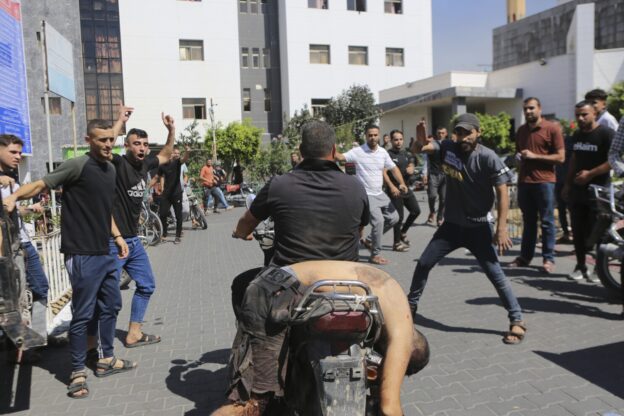
To the Editor:
In his lengthy lamentation about Israel’s ostensible descent into genocide, Omer Bartov somehow overlooks a most germane distinction between Israel’s war to vanquish an enemy bent on its destruction and murderous campaigns like those that took place in Bosnia, Darfur, Armenia, Rwanda and Cambodia — and certainly the one carried out by Nazi Germany.
How Israel is waging its war against an enemy that has loudly declared its genocidal intentions is rightly open to criticism, and subject, too, to a reasoned defense. But it is a strange sort of “genocide” that can end immediately with the rulers of the attacked region simply laying down their arms, releasing those they kidnapped who are still alive and leaving the scene.
(Rabbi) Avi Shafran
Staten Island
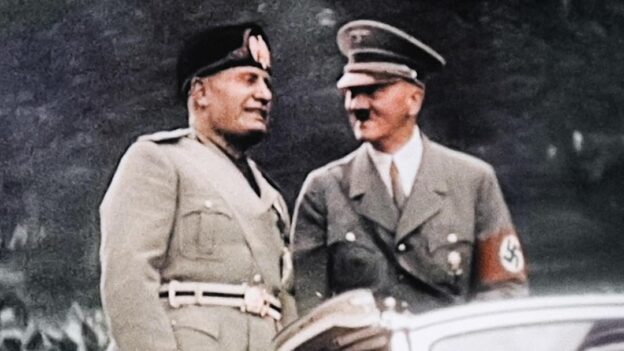
Iranian Foreign Minister Abbas Araghchi:
“The US… has committed a grave violation of… international law… by attacking Iran’s peaceful nuclear installations.”
Benito Mussolini, in 1936:
“[Our German alliance] is… animated by a desire for peace ….”
Peace, yeah.
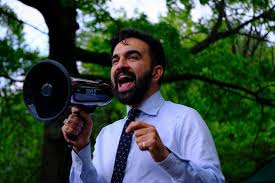
New York City mayoral candidate Zohran Mamdani was asked about the phrase “Globalize the Intifada,” He declined to condemn the phrase and, in its defense, said that “The very word [Intifada] has been used by the Holocaust Museum when translating the Warsaw Ghetto Uprising into Arabic because it’s a word that means struggle.”
Yes, and in math class, an equation has a “Final Solution.”

We have Tucker Carlson to thank for creating some long-needed pan-partisan unity of late. To read how he managed that, please click here.

In my opinion, a professor at Hebrew University, when seeking in a New York Times opinion piece to divorce the Shemini Atzeres massacre from Holocaust references, missed the forest for the trees. The reason I think that can be read here.
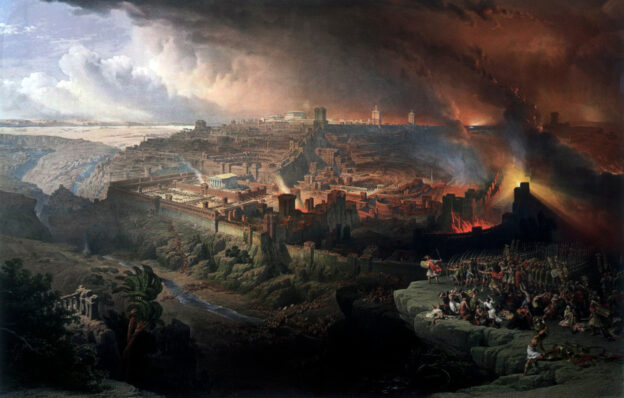
Summer, for religious Jews, isn’t all barbecues and vacations. And the fast days we observe are particularly timely these days, when the Jewish connection to Eretz Yisrael is overlooked, or even denied, by some. You can read my thoughts about the matter here.
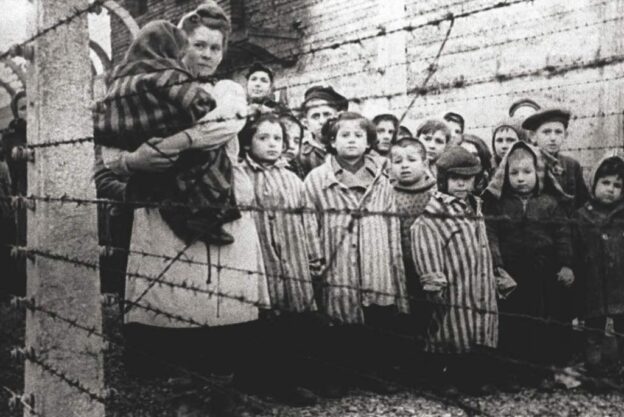
The effort to educate American young people about the hate-born evil that engulfed much of Europe in the 1930s and 1940s has been something less than a resounding success. I have a suggestion about what to replace Holocaust units with. You can read about it here.
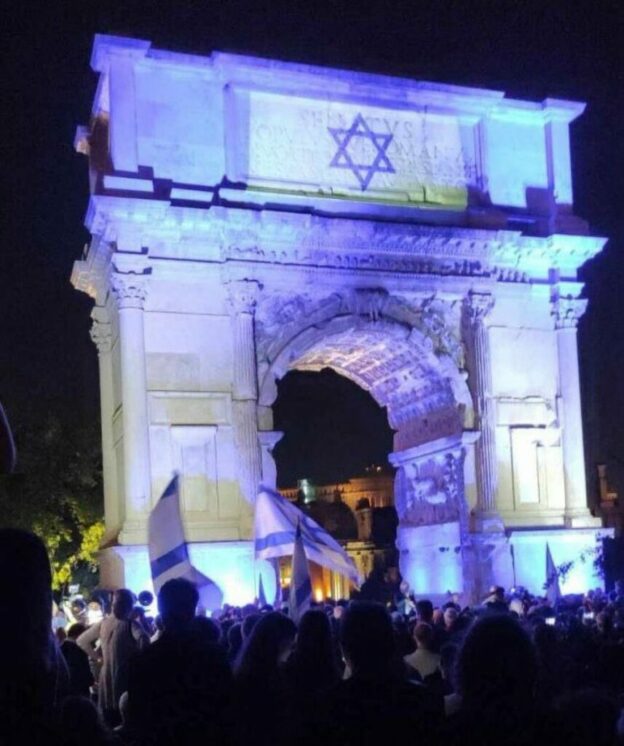
Something in particular struck me about President Biden’s October 10 speech about Israel.
To read what it was, click here.